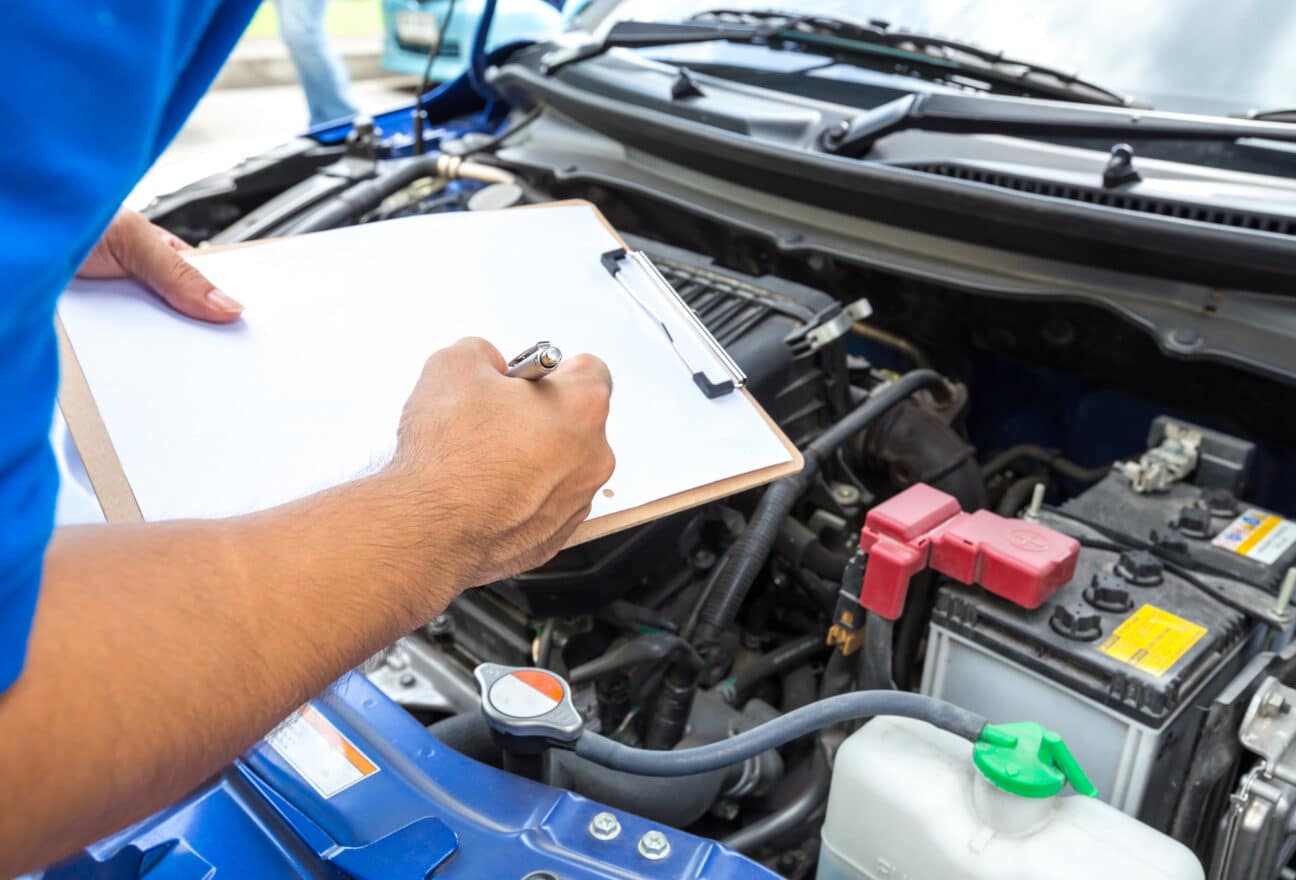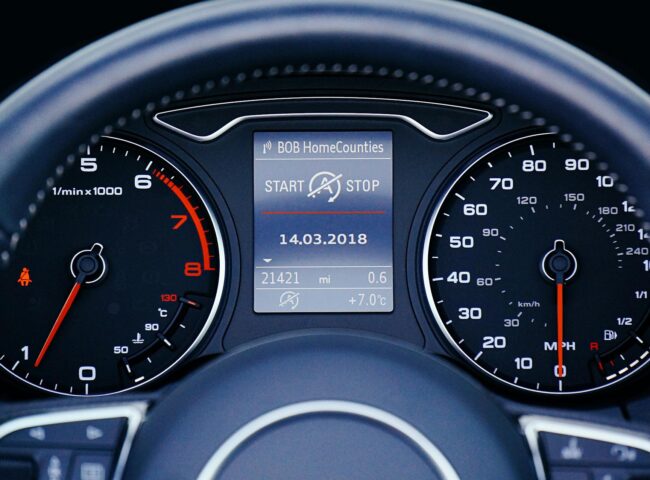The average cost of a used vehicle in the U.S. in 2016 was $19,189. Most used cars are either no longer under the manufacturer’s warranty or have only a few years left. If you’re purchasing one from a dealership, you’re going to be offered an extended warranty, or vehicle service contract.
This is not just a salesman trying to sell you something you won’t need. Automobile service contracts are investments that can save you a lot of money. That’s especially true for cars that have over 100,000 miles. As the vehicle reaches that halfway point of estimated lifespan, more things break and fail.
For more information, let’s explore what a service contract for a car is, what you should expect, and how to get the best deal.
Vehicle Service Contract Basics
There are a number of ways to get a vehicle service contract, such as from car dealerships, third-party companies, or auto manufacturers.
If you’re considering a service contract, shop around so you understand exactly what you’re buying. Get quotes from multiple companies to find out which one fits your needs and provides the best value.
Don’t Get Pressured into Buying
You’re not required to purchase an extended warranty when you buy a car. It’s unlikely that you’ll be asked to purchase one to qualify for financing (some dealerships do require it, though).
In case the dealership tells you that you need to get an extended warranty for financing, contact the lender to see whether this is true.
A few people experience issues dropping their extended warranty in the wake of discovering that the lender didn’t require one.
Excess Warranty Coverage
Ensure that these extended warranties don’t overlap with the manufacturer’s warranty.
Original warranties usually last for three years or 36,000 miles. Vehicle service contracts should not begin until the original manufacturer’s warranty has expired.
It’s also important not to get locked into a service contract that is well beyond your estimated ownership. Do you see yourself owning the car for 10 years? If you can’t answer that question without wavering, just take the next highest.
Ask the service contract provider if the contract can be transferred to another owner. Sometimes, there is a transferral fee, so take note of that if and when you sell it.
Demo vehicles that have never been owned – just used by the dealership – don’t need extended warranties. They’re considered new until someone purchases them, whether they’re two months or two years old.
How Much Is a Vehicle Service Contract?
How much you’ll pay for a vehicle service contract is going to depend on a few different factors:
- Vehicle make and model
- New or used condition
- Level of coverage
- Length of contract
Ask how much the upfront cost and deductible will be. Some extended warranties don’t include a deductible, but if yours does, verify whether it’s per consultation or when a repair is made. If you happen to need your car serviced, unexpected repairs can add up.
For example, if the deductible is quoted on a per-visit basis, you’d pay one fee. If it is a per-repair basis, you could pay that deductible multiple times over.
The cost for towing and rental car services can also vary. Usually, there’s only a set amount a service contract will cover. The higher level the coverage, the more accommodating these extended warranties will be.
Types of Repairs Covered
The average vehicle service contract will only cover serious repairs. Common repairs and replacements for brake pads, clutches, and starters may not be covered. If you don’t see the part in the contract, it probably won’t be covered.
Repair exclusions may exist for certain scenarios when the owner is found to be negligent. Read the contract carefully to make sure you don’t experience any surprises. Typically, these contracts only cover mechanical issues, not the normal wear and tear of parts.
There is also something called the “depreciation value” of parts that can be considered by service contract providers. This value can be used to calculate whether they will cover the replacement or repair based on your car’s mileage.
Compare and review companies to find out if they include these exceptions in their contracts.
Making a Claim
When the time comes and you need to have your vehicle serviced or repaired, you’ll need to know how to make a claim.
You may only be able to take it to the dealership or possibly only specific authorized dealers. Then, you may also be stuck without repairs if you’re having problems outside the city you bought it from.
Generally, the better the vehicle contract deal, the more restrictive and limited its coverage will be.
Ask about authorization policies and how long it takes to get a repair or towing services. Is there a 24-hour service number that is available? Do they operate on a reimbursement model or full coverage of costs?
Common Clauses
In order to qualify for coverage, you will need to follow official procedures and manufacturer maintenance requirements. This includes regular oil changes, cleaning, and preventing obstructions. Ignoring these responsibilities could result in the voiding of the contract.
This can also include instances where you have taken the vehicle to an independent mechanic. Such a clause aims to prevent having to fix an unauthorized mechanic’s mistakes on the company’s dime. Sometimes, service contracts will make an exception for routine checkups and maintenance.
Beware of Extended Warranty Scams
If you’re curious about investing in an extended warranty for a vehicle because of a recent phone call, be cautious. There are a lot of warranty scams out there that try to claim your warranty is about to expire. These solicitors may even claim to represent your dealership or vehicle manufacturer.
These are the same scams that you hear about sending letters in the mail about urgent, pseudo-legal warnings about your car insurance. Even if they’re honest about trying to sell you a vehicle service contract, you’re not going to get any kind of deal.
If they were really confident about their service, they wouldn’t need to resort to such deceptive business practices. High-pressure sales and misrepresentation of facts can only mean they’re bad at customer service.
Used Car Service Deals
Used cars are often advertised with warranty service contracts. They will usually be marketed with an XX-year warranty, implied warranty, or simply “as is”.
If it comes with a warranty, it may require additional fees to transfer it over to you. If the service deal is an implied warranty, this is simply a verbal or written guarantee.
What does a verbal promise mean when buying a used car? Well, nothing.
A written implied warranty is legally-binding, however. This states that the car is in working condition with functionality promised by the seller. If the vehicle does not perform as promised, the dealer will be required to pay to have it serviced.
If you buy a used car “as is”, you’re on the hook for all repairs or potential breakdowns. It’s usually a family member, friend, or private owner who will be selling their used car without any contract. This is subject to state and federal “lemon laws”, so buyers who get sold a car that breaks down the same day of purchase have rights to refund.
Handling Disputes
This might be a situation best left to an experienced attorney. Always keep all paperwork and document everything when making a used car purchase. The preferred steps of action when you have a problem with your car will be taking it up with the seller.
If nothing is resolved, contact the service contract provider. In case you’re not getting anywhere with them, then you’ll want to look into an attorney.
It’s also worth contacting the consumer protection agency. Most companies will try to avoid having their bad service go public.
When it comes to the extended warranty scams listed above, contact the Federal Trade Commission. This is the only way you can try to get these companies shut down. The FTC takes fraud and predatory business practices seriously.
More Information on the Best Car Warranties
We hope this guide has provided you with a basic understanding of how service contracts work. Take your time when buying a car, especially a used one. Low mileage may look good on paper, but if it doesn’t have a vehicle service contract, you may end up paying the price.
If you already have a used car that is out of warranty, consider looking for a service contract. Those who want to keep driving the same car for a long time can save a lot while extending the life of the vehicle.
For more information, check out our blog. At Best Car Warranty Reviews, we cut through all the noise and hype to give you the best warranty deals.





